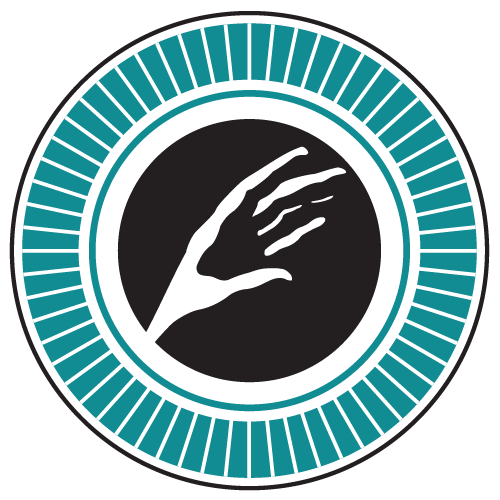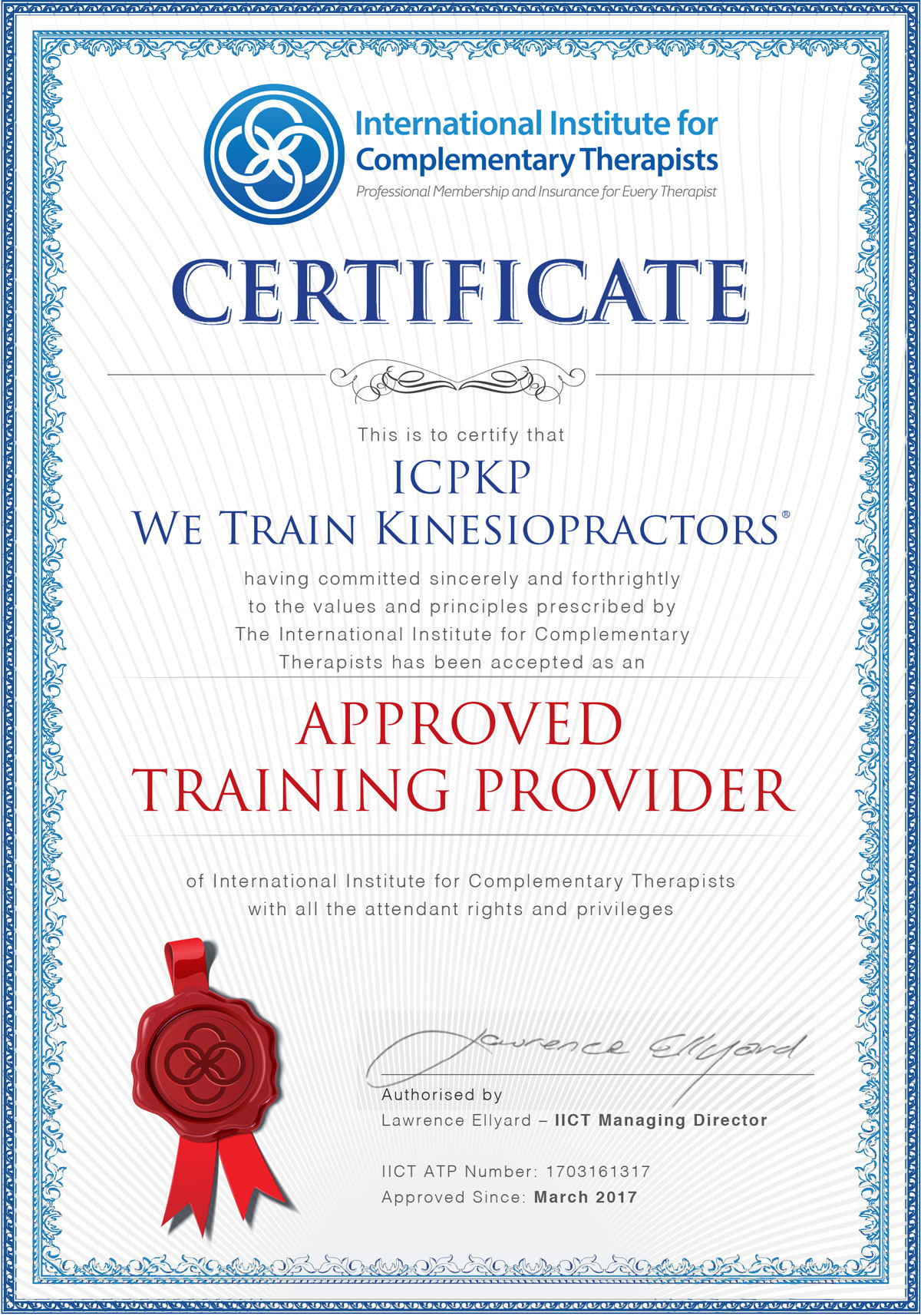PIB301-en
Brain Integration Skills 2
To develop skill and understanding in using Kinesiology techniques related to how the healthy brain works, how to keep it healthy and what happens when brain function is diseased or dysfunctional.
You will gain an awareness of brain architecture and the geography of thought, emotional and visual pathways and gain understanding of key neurotransmitters and their roles. You will also study the biological basis for memory, the types and aspects of long and short term memory and gain an awareness of how memory is affected by ageing, head injury and disease.
The unit also covers the differences between male and female brains and the brain cell membrane psychology. Throughout this unit you will learn PKP techniques to enhance memory function and deal with stress that impacts brain cells in both the short and longer term.
As you complete this unit you will be able to discuss brain structure and function, assess various brain functions and balance for enhanced neurological performance, brain function in aging, memory loss, stress burnout, stroke recovery and upgrade brain function.
Elements of learning:
- The nervous system
- The brain
- Visual and emotional pathways
- Neurotransmitters
- Memory
- Improving memory
- Stress and brain function
- Memory loss
- Brain longevity programme
- Male / female brain differences
- Enhanced neurological performance – Sp #9a
- Left – right hemisphere balancing – regional balance
- Corpus callosum integration – regional balance
- CIA front / backbrain integration – regional balance – St #7c
- Overall brain energy performance – regional balance
- Specific dyslexia area stacking – regional balance
- Brain / cell membrane psychology
- Pre-testing areas and functions of the brain
- Utilise all techniques learned to date within the PKP Balancing Protocol
Prerequisites:
- PIB 3.203

